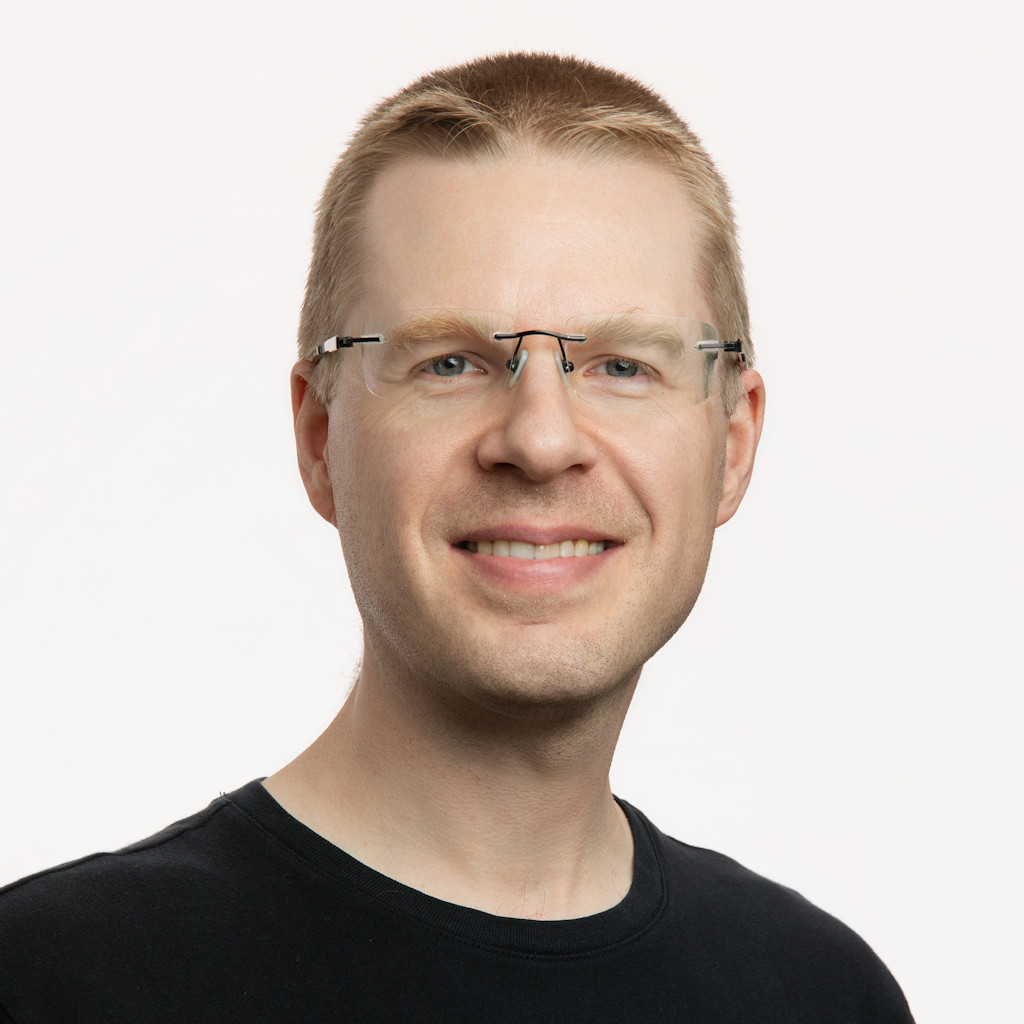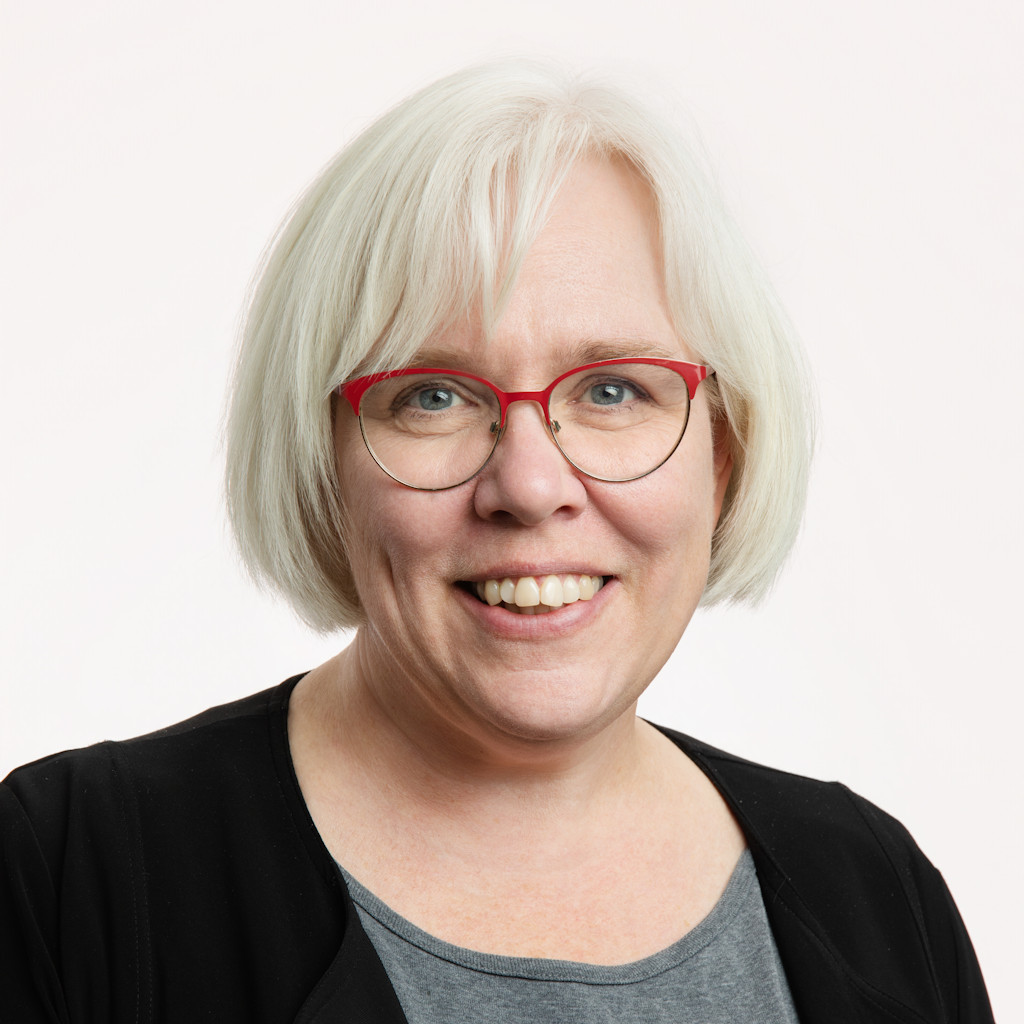
Non-profit aims to create Indigenous end-of-life care centre
By
Brett McKay
Jackie DeCoteau-Gill is heading to the final round of the Pow Wow Pitch competition on Oct. 19, where she'll have a chance to win $25,000 to help build an Indigenous end-of-life care centre in Edmonton.
Decoteau-Gill is the founder of Kokums Helper Society, through which she wants to provide Indigenous people with hospice care that is trauma-informed and culturally relevant. The society formed in February and held its first board meeting in July, starting "in a good way with pipe ceremony and a feast," she said.
"I'm kind of learning as I go, and just amassing as much information as I can on how to move forward," Decoteau-Gill said of the rapid movement of Kokums Helper Society. Her success in Pow Wow Pitch's semi-final round for non-profits earned her $1,000, which she is using to hire a grant writer and apply for funding to help get the $10-million facility off the ground.
The next step, she said, is to start talks with the city to secure the land she will need.
"I had run into a city councillor this summer, just at a pancake breakfast, and she had let me know about possible land uses in the city that are set aside for truth and reconciliation. ... I believe I have seven or eight Calls to Action that fit in with my business plan," Decoteau-Gill said, referring to the 94 calls to action of the Truth and Reconciliation Commission.
Decoteau-Gill wants to build a new facility rather than attempt to retrofit a vacant building so that its design is suited to the unique needs of the people spending the last days of their lives there. The end-of-life care centre would provide space for Indigenous arts and crafts, natural medicines and foods, and ceremony, "to bring that connection to self, and to your community, which especially urban Indigenous don't have, or it wasn't passed down because of the ramifications of residential schools."
She also envisions having space for people who find new life in the connections to their land and culture, something she said saw in her work as a support worker in the inner city.
"One thing when I had worked at that housing facility was some people were sent to us to die, but because you're surrounded by your community, your culture, the arts, the crafts, the smudging, the circles – they ended up still living five to six years later."








